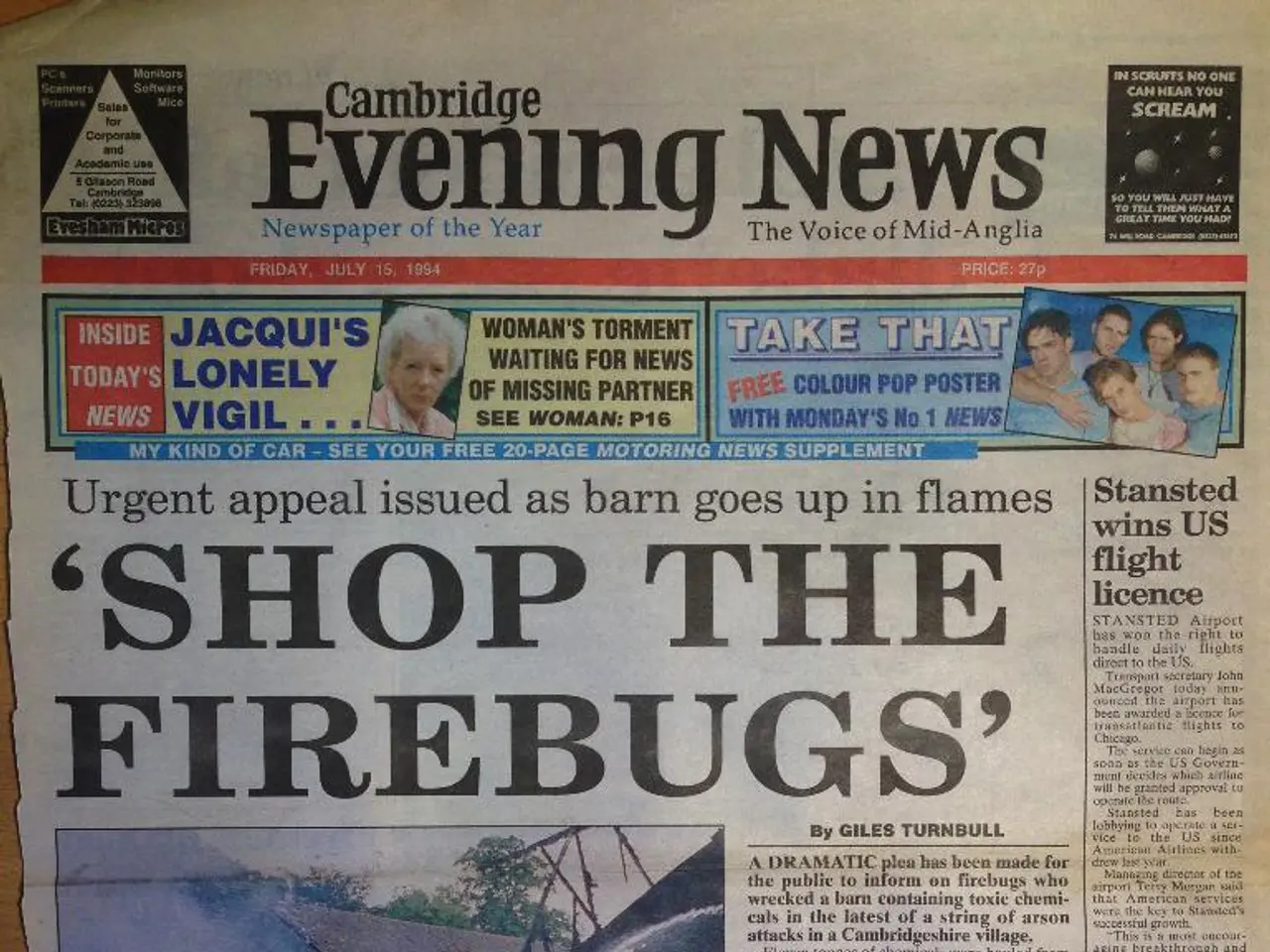University of Delhi Imposes Bond of One Hundred Thousand Rupees to Prevent Graffiti During Elections
The University of Delhi (DU) has issued new guidelines for the upcoming Delhi University Students' Union (DUSU) elections, aiming to prevent defacement of college and university property and promote responsible, issues-driven electoral contests.
In response to earlier legal criticism and court orders against campus defacement during elections, DU has implemented strict measures to maintain order and preserve property. These include a total ban on posters, wall writings, rallies, loudspeakers, roadshows, and road shows on the university campus. Candidates are only allowed to display handmade posters within prescribed expenditure limits.
To further discourage defacement practices, an "anti-defacement affidavit" is proposed to be introduced at the time of admission, akin to the anti-ragging affidavit. Candidates filing a nomination for any DUSU post will also have to sign a Rs 1 lakh bond to avoid defacement and adhere to the code of conduct. If the candidate or their supporters are found violating the guidelines, the amount will be forfeited.
DU promotes issue-based campaigning by limiting material and mandating clean conduct. The election committee has suggested setting up dedicated ‘walls of democracy’ in colleges for campaign material, facilitating orderly, official campaigning spaces. Institutions are directed to expand their "Walls of Democracy", but they are limited to only two notified locations.
Strict enforcement measures are planned, including seizure of vehicles involved in misconduct, such as vehicles with black-tinted windows or missing number plates. Zero tolerance is shown towards property damage. The DU administration, with police involvement, has coordinated with college principals, department heads, hostel wardens, and senior police officials to maintain law and order during elections.
Biometric or facial recognition systems are recommended for monitoring entry, and entry of outsiders to any college or department is strictly prohibited. A dedicated online portal will be set up for students to report defacement, with provisions for prompt action. Campaigning will be restricted to legitimate use of electronic media.
Each college, department, and associated centre is required to organize orientation and sensitisation programmes for students. Any act of defacement will be treated as gross indiscipline and dealt with under strict disciplinary action. Candidates must remove posters and file a police report within 24 hours if impersonation or deliberate misspelling of names is found on them, or face fines, suspension, or rustication.
The name on a student's Class 10 and Class 12 certificates is the only valid name for admission and election purposes. Any changes to the name must follow due government procedures. The University will constitute a 'University Committee for Prevention of Defacement of Property' and similar panels in colleges. The Election Committees at the college and university levels will be responsible for enforcing these rules.
The use of dhols and loudspeakers remains prohibited even after election results are declared. These rules are a response to earlier legal criticism and court orders against campus defacement during elections, reflecting DU’s attempt to balance free student expression with property preservation and promote responsibility through issue-based and clean campaigning.
Education and self-development are emphasized during the Delhi University Students' Union (DUSU) elections, as candidates are encouraged to engage in issue-based campaigning and adhere to a code of conduct to prevent defacement and maintain order. Political activity, however, must be balanced with preserving general news about the university's efforts to curb property damage, such as the introduction of an "anti-defacement affidavit" and the setting up of "Walls of Democracy."




